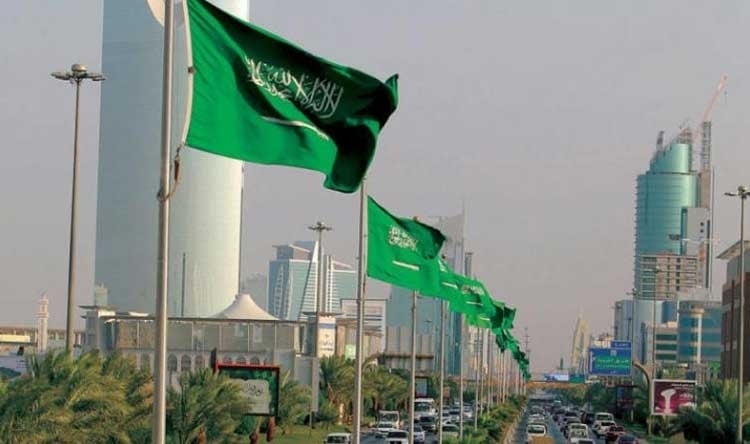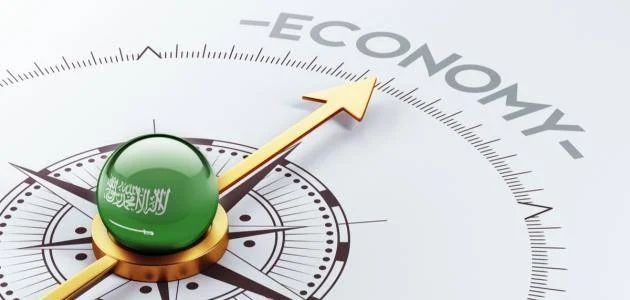Publisher: Maaal International Media Company
License: 465734
The World Bank expects Saudi economic growth to accelerate to 4.5% in 2026
The World Bank expects the Saudi economy to grow by 2.8% this year, before accelerating to 4.5% next year and 4.6% in 2027, due to the expected easing of the OPEC+ oil production cut policy, along with strong expansion in the non-oil sectors.
The World Bank’s forecasts for this year, issued today, are similar to those of the International Monetary Fund (IMF) in its latest report (April 2025), which predicted 3% growth for the Saudi economy this year. The World Bank’s forecasts for 2026 are more optimistic, at 4.5%, compared to the IMF’s 3.7%.
Thus, the latest forecasts from the World Bank and the IMF agree on continued recovery in the Saudi economy, both this year and next, compared to 2024, when the Saudi economy grew by 1.3%. The World Bank report, titled “Smart Spending, Stronger Economic Outcomes: Fiscal Policies for Prosperity in the GCC,” explained that economic growth in the Kingdom partially recovered to 1.3% in 2024. This was attributed to a lower contraction in the oil sector (-4.5%) and strong growth in the non-oil sector (4.3%). Services, particularly wholesale trade, restaurant and hotel services, transportation, and communications, are contributing to non-oil growth, reflecting the government’s efforts to boost the tourism sector.
اقرأ المزيد
The report indicated that volatility in the oil sector, as a result of OPEC+ production decisions and geopolitical tensions, is casting a shadow over the Kingdom’s oil sector growth, while inflation remained low and stable throughout 2025.
The report projected that medium-term growth would rise from 2.8% in 2025 to 4.6% in 2027. This will be attributed to the gradual unwinding of the voluntary production cuts approved by OPEC+ and resilient growth in the non-oil sector. The report also expected inflation to remain low and stable over the medium term.
Regarding the Gulf region, the report projected economic growth of 1.7% in 2024, compared to 0.3% in 2023, driven by strong growth in the non-oil sector and its resilience, increasing by 3.7%. The main contributions to growth came from private consumption, investment, and structural reforms implemented in the Gulf countries, according to the World Bank’s Gulf Economic Update.
The World Bank warned of the challenges associated with the uncertainty surrounding global trade, as the risk of a global economic slowdown continues to have negative effects on the region. The World Bank recommended accelerating the pace of reforms aimed at diversifying economic activity and promoting regional trade to mitigate these risks. The report praised the region’s economies, noting the effectiveness of public fiscal policies in achieving macroeconomic stability and encouraging growth. It noted that oil price fluctuations are a source of pressure on public budgets in many countries in the region, with some Gulf states expected to experience increasing public finance deficits in 2025. This underscores the need to understand the effectiveness of public fiscal policies.








